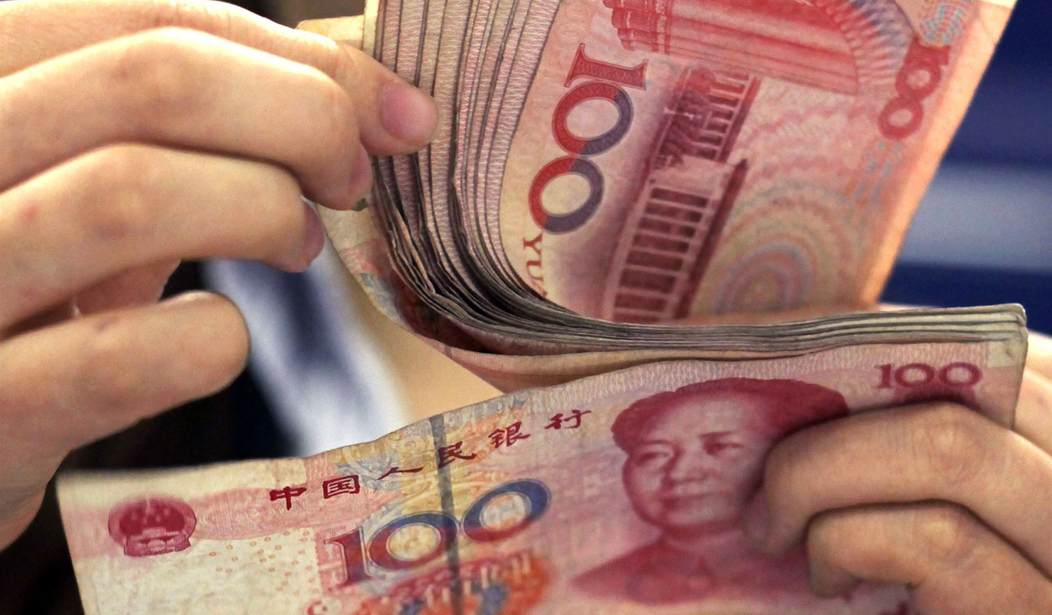Another flashing warning sign that China’s struggling economy may not be bouncing back as quickly as it has in the past. For the first time in about 25 years, China’s measure of foreign investment turned negative.
Outflows of foreign direct investment in China have exceeded inflows for the first time as tensions with the U.S. over semiconductor technology and concerns about increased anti-spying activity heighten risks.
The shift was reflected in balance-of-payments data for the July-September quarter released Friday by the State Administration of Foreign Exchange.
FDI came to minus $11.8 billion, with more withdrawals and downsizing than new investments for factory construction and other purposes. This marked the first negative figure in data going back to 1998…
The revised Chinese counterespionage law, which took effect in July and broadens the scope of what is deemed spying, has also made companies nervous. “China’s laws and regulations lack transparency, a factor that increases concerns about business continuity in the country,” said Yusuke Miura, a senior researcher at the NLI Research Institute.
I’ve written about the new espionage law before. Basically this was written so vaguely that almost any foreign firm gathering basic business information in China could be accused of spying. That law appears to have played a role in the recent decision by Gallup to pull out of China completely.
Gallup, the polling and consulting group, is pulling out of China, making it the latest foreign company to retrench from the country amid rising scrutiny of western consultancies and whipsawing geopolitical tensions.
The Washington-based advisory group, which first came to China in 1993, employed dozens of staff at its offices in Beijing, Shanghai and Shenzhen, according to public payroll records, many of whom work as consultants helping Chinese companies re-engineer their organisations or optimise their marketing…
US consultancies have been struggling to attract business in China, where a broader economic slowdown has been compounded by state security agencies scrutinising the consulting industry over concerns that sharing data with foreign companies could jeopardise national security.
The Wall Street Journal published its own story on the de-investment from China this morning. Their conclusion is that firms are no longer reinvesting profits back in China, instead they are cashing out and taking that money home.
Foreign firms yanked more than $160 billion in total earnings from China during six successive quarters through the end of September, according to an analysis of Chinese data, an unusually sustained run of profit outflows that shows how much the country’s appeal is waning for foreign capital. The torrent of earnings leaving China pushed overall foreign direct investment in the world’s second-largest economy into the red in the third quarter for the first time in a quarter of a century…
“Corporates are beginning to de-risk from China,” said Peter Kinsella, global head of foreign-exchange strategy at Union Bancaire Privé…
These outflows have weighed on the yuan. The weaker currency has motivated companies to repatriate their earnings sooner rather than later, said Ju Wang, head of Greater China foreign-exchange and rates strategy at BNP Paribas.
“If anything, the outflow is driven by foreigners finding better investment opportunities elsewhere,” Wang said.
Bad decisions (like raiding US companies and creating a new espionage law) do have consequences. And as I pointed out last week, even companies that can’t immediately pull away from China, like Apple and Foxconn, are pretty clearly moving toward a backup plan as quickly as feasible.









Join the conversation as a VIP Member